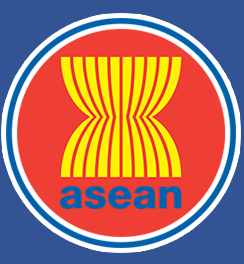ASEAN Journal on Science and Technology for Development
Abstract
The transfer to electric vehicles (EVs) in more and more countries is a response to the increasing problems of climate change and air pollution. Electric cars solve this issue as they have zero emissions. EVs can significantly reduce carbon and air pollution, depending on the charging energy mix. In Indonesia, lithium ferro phosphate and nickel manganese cobalt are among the two most preferred types of batteries for EVs, and both have their advantages. This study evaluates the performance of these batteries in terms of power, range, charging speed, and thermal properties, using a range of battery capacities from 26.7 kWh to 111.5 kWh, with an average capacity of 70-80 kWh. Travel ranges vary from 300 km to 770 km, with most EVs covering 400-600 km. An economic analysis comparing vehicle prices and charging costs is conducted using MATLAB simulations. The following key observations emerge from the results: 1) Energy efficiency of LFP batteries is 7.53 km/kWh, while NMC is 6.84 km/kWh, which means the energy efficiency of LFP is better; 2) Charging by LFP is 15.11 km/min, while NMC is 20.86 km/min; this means that charging is faster with NMC; and 3) Range of LFP is 453.25 km, and for NMC it is 477.50 km, suggesting NMC's superior mileage. In conclusion, LFP batteries are ideal for usage on a day-to-day basis where the factors of cost and life cycle are of concern. In contrast, NMC batteries have an advantage concerning performance and range for long-distance traveling.
Keywords
Electric Vehicles, Lithium Ferro Phosphate, Nickel Manganese Cobalt, Energy Efficiency, Cost Efficiency.
Publication Date
2025
Received Date
26/03/2025
Revised Date
29/07/2025
Accepted Date
21/08/2025
Recommended Citation
Sanusi, Yasa; Radityan, Fatwa Tresna; Adnan, Farrah Anis Fazliatul; Rhee, Jong Soo; and Ginting, Dianta
(2025)
"Performance Evaluation and Economic Analysis of Lithium Iron Phosphate (LFP) and Nickel Manganese Cobalt (NMC) Batteries in Electric Vehicles in Indonesia,"
ASEAN Journal on Science and Technology for Development: Vol. 43:
No.
1, Article 14.
DOI: https://doi.org/10.61931/ajstd.2224-9028.1639
Available at:
https://ajstd.ubd.edu.bn/journal/vol43/iss1/14

